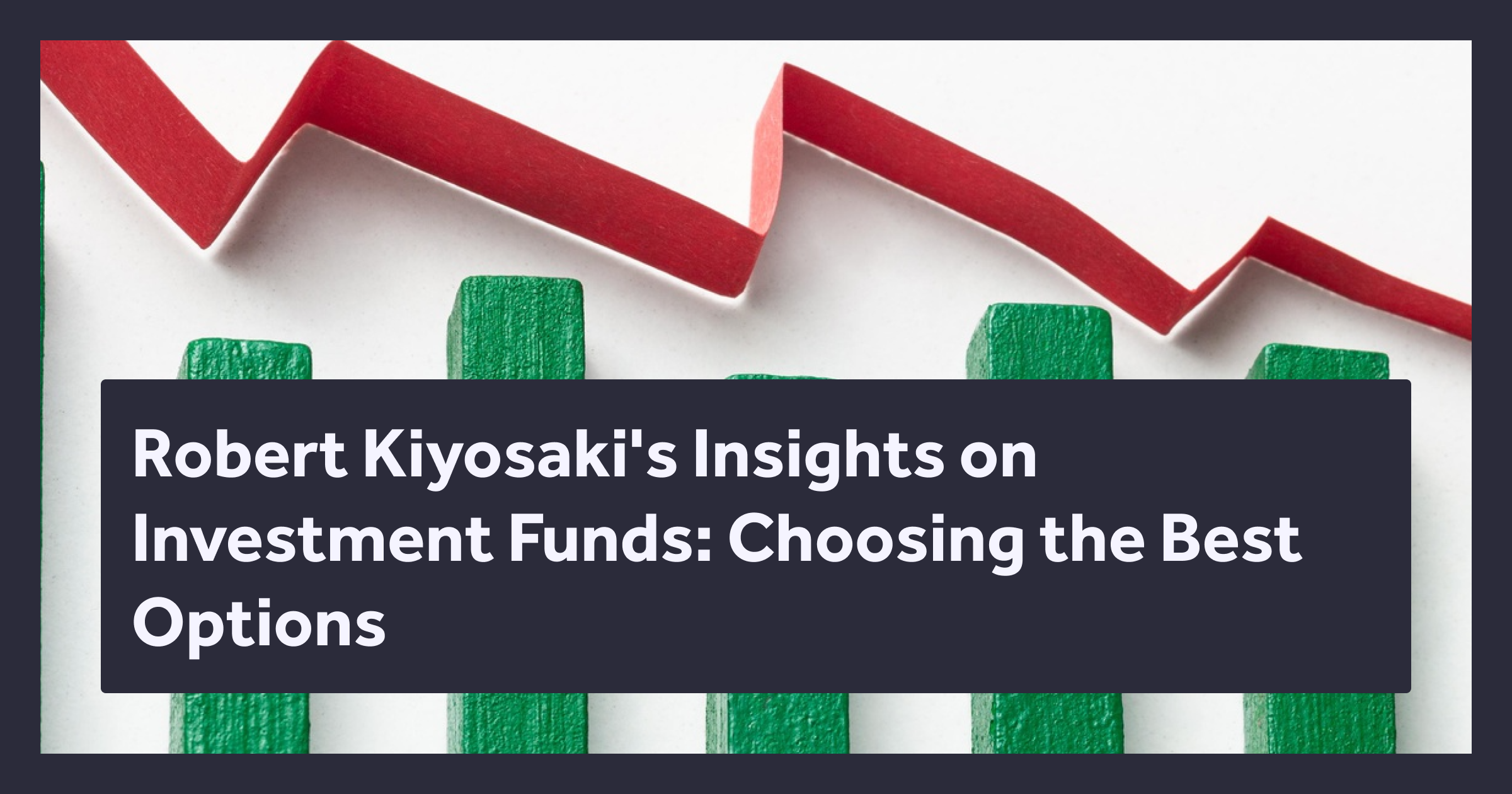
The rise of Bitcoin has brought several blockchain advantages to the forefront of investing, including transparency, security, and trust. Now, these benefits are expanding from digital currencies to the diamond market.
Examine how blockchain technology is reshaping investments, offering new avenues for those who wish to diversify from cryptocurrencies to the enduring value of diamonds.
Blockchain: The Transformative Force in Business and Investment
Blockchain technology is not just the foundation upon which Bitcoin is built; it is a revolutionary force with the potential to redefine the fabric of business transactions, information sharing, and investment strategies across various industries.
Known for its inherent ability to increase trust, security, transparency, and traceability of data shared across a business network, blockchain technology delivers cost savings with new efficiencies, creating a paradigm shift in how we perceive and manage investments.
For investors, blockchain systems offer a slew of distinct advantages. The technology's decentralized nature allows for secure and transparent data sharing, eliminating the need for a central authority and reducing the risk of single points of failure.
End-to-end encryption and an immutable ledger of transactions ensure the security and privacy of data. At the same time, smart contracts enable automated transactions that can streamline processes and reduce human error.
One of the most transformative applications of blockchain in the investment world is the improvement it brings to supply chain transparency and traceability. This is particularly relevant in industries where provenance, authenticity, and ethical sourcing are paramount.
Deloitte's research highlights how blockchain can reduce administrative costs and enhance the visibility of the supply chain, which is crucial for retail investors interested in physical assets that require meticulous tracking from origin to final acquisition.
Blockchain's Ascendancy in Global Finance
Blockchain technology has begun to take a firm foothold in the financial sector, with a report indicating that about 14% of financial institutions had started to integrate this technology into their operations as of 2020. Notably, the utilization of blockchain is predicted to halve compliance-related costs, highlighting substantial economic benefits.
These statistics signify a trend towards wider adoption and growing trust in blockchain's ability to innovate and streamline financial services.

The financial industry holds a dominant 46% market share at the forefront of blockchain investments. Moreover, the blockchain market in banking and financial services soared to a valuation of nearly $2.03 billion in 2021.
These significant monetary commitments to blockchain underscore faith in its utility and suggest a transformative future where decentralized blockchain networks redefine business models and expedite transaction processing in the financial realm.
Blockchain's Role in Alternative Investments
Blockchain's implications extend far beyond financial transactions and into alternative asset investments. The technology offers heightened security, transparency, and efficiency in managing and trading assets outside conventional financial markets.
For instance, blockchain's application to the diamond industry is creating a new investable asset class. Diamonds have historically been a challenging investment due to valuation standardization issues, but by tokenizing diamonds and standardizing their value, blockchain makes these precious gems tradeable on various exchanges.
Tokenization, facilitated by blockchain, enables alternative assets to be divided into smaller, more accessible units, democratizing investments previously limited to a select group of affluent individuals. This process reduces entry barriers and bolsters liquidity, making it easier for investors to buy and sell shares in once illiquid assets.
As a result, tokenized alternative investments offer diversification, access to high-yielding assets, lower fees, and increased liquidity, which are critical factors for retail investors seeking to bolster their portfolios with physical assets.
For high-net-worth investors, applying blockchain technology to alternative asset investments like art, collectibles, diamonds, and real estate opens up possibilities. These luxury goods, when tokenized, can be traded in a more liquid and accessible marketplace, increasing their appeal to a broader audience.
The tokenization process facilitates the fractional ownership of high-value assets and simplifies settlement, translating to a more efficient market and significant benefits for investors.
Revolution and Risk: Adapting Investment Strategies for Blockchain
The impact of this new technology on the investment landscape is undeniable. The blockchain enables businesses and investors to engage in a transparent and secure marketplace, reducing the risks associated with traditional systems.
Blockchain's decentralized nature, coupled with its capacity to validate transactions, share data, and store information securely, is a boon for cryptocurrency enthusiasts and a transformative tool for astute investors looking to expand into alternative asset classes.

The benefits of blockchain technology for investors are clear and compelling.
- Increased security: The decentralized and encrypted nature of blockchain provides high security for transactions, data storage, and identity management.
- Improved transparency: Real-time, transparent blockchain data enables investors to verify transactions and have up-to-date information at their fingertips.
- Efficient trading: The digitization of assets and the use of smart contracts facilitate faster and more reliable trades.
- Diversification: Tokenization allows for the fractional ownership of various assets, broadening investment opportunities.
- Lower fees: Eliminating intermediaries and the efficiency of blockchain networks can lead to reduced transaction costs.
- Increased liquidity: Tokenized assets can be traded more readily, increasing market liquidity.
- Lower entry barriers: Smaller investment units make it easier for more investors to participate in the market.
- Reduced operational risks: Blockchain's transparent and secure nature can also apply to supply chains, further reducing the risk of counterfeit products and fraud.
Despite the impressive advantages, integrating blockchain into investment strategies is not without its challenges.
- Investors, particularly those accustomed to traditional investment avenues, may face a steep learning curve when it comes to understanding and leveraging blockchain technology. Familiarizing oneself with the intricacies of decentralized networks, smart contracts, and tokenized assets requires both time and effort.
- Navigating the regulatory environment, which is still evolving to accommodate these new forms of digital assets, presents another layer of complexity.
- Blockchain networks promise enhanced security and transparency but are not entirely immune to technical issues. Scalability remains a concern, with the growing number of transactions potentially leading to network congestion.
- Integrating blockchain solutions with existing business systems can also be daunting for companies that are not technologically agile.
Addressing these operational hurdles is critical for investors banking on blockchain-based systems' reliability and efficiency.
Shaping the Future of Investments
Looking ahead, the landscape of blockchain in the investment sector is poised for substantial growth. The banking and financial services market, already seeing significant blockchain integration, is expected to continue its upward trajectory, with real-time fund transfers bolstering its growth.
As blockchain technology matures, its adoption is anticipated to spread to other industries, enhancing business processes across the board, from supply chain management to patient data security.
The future of blockchain in investment also heralds the arrival of new, innovative ways to approach traditional systems. Its compatibility with emerging technologies like artificial intelligence and machine learning could pave the way for even smarter and more autonomous systems, further revolutionizing the business world.

The adoption of blockchain creates business transformation opportunities, enabling financial institutions to store data better, reduce transaction costs significantly, create new business models, and transform auditing procedures.
Investors can also find solace in the fact that blockchain's distributed ledger makes it virtually impossible to manipulate or alter recorded data, thus enhancing the security of their investments. By streamlining processes and reducing the need for intermediaries, the blockchain network eliminates many of the inefficiencies associated with conventional database systems.
Future-Proof Your Portfolio with Blockchain Innovations
Blockchain technology is transforming how we handle financial transactions and reshaping the investment landscape by introducing a new level of efficiency, transparency, and security. For investors looking to diversify their portfolios with alternative assets, blockchain presents an opportunity to venture into a market that is rapidly becoming more accessible, reliable, and profitable.
As we continue to witness the evolution of this technology, it becomes increasingly clear that blockchain is an indispensable tool for anyone seeking to capitalize on the future of investing.




